| University bachelor degree certificate: |
Bachelor’s degree in the field of design with a good average grade (min. CGPA>60%).
Bachelor‘s degree in the group of study fields of arts, engineering sciences, technologies, business and public management, social sciences, humanities (in the study field of art history) and and up to 30 credits of additional studies or the assessment and recognition of professional competence in the field (in case of ≥1 year of work experience. |
| Proficiency in English: | IELTS ≥ 6.0, TOEFL ≥ 85, CEFR ≥ C1, or previously completed studies in english language. |
| Transcript requirements: |
Obtain a suitable transcript of your bachelor's degree from your school.
If unavailable, provide official translations and verified copies of the original documents. |
| Accepted languages: | English |
| Document legalisation: |
The documents must be legalised (Apostille) by the Ministry of Foreign Affairs of the country where the documents were issued.
This requirement does not apply for the documents issued in the EU and Belarus, Ukraine. |


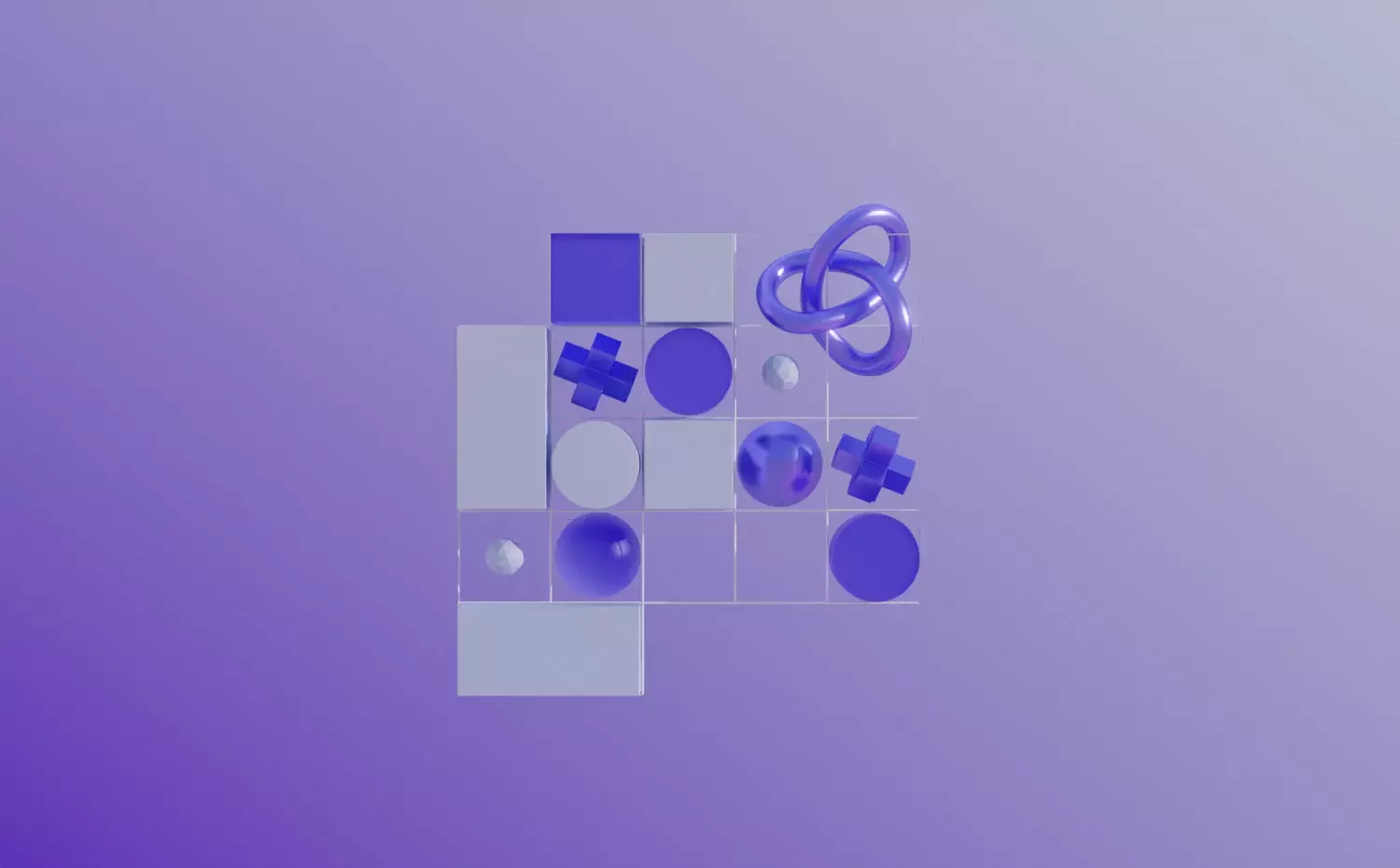

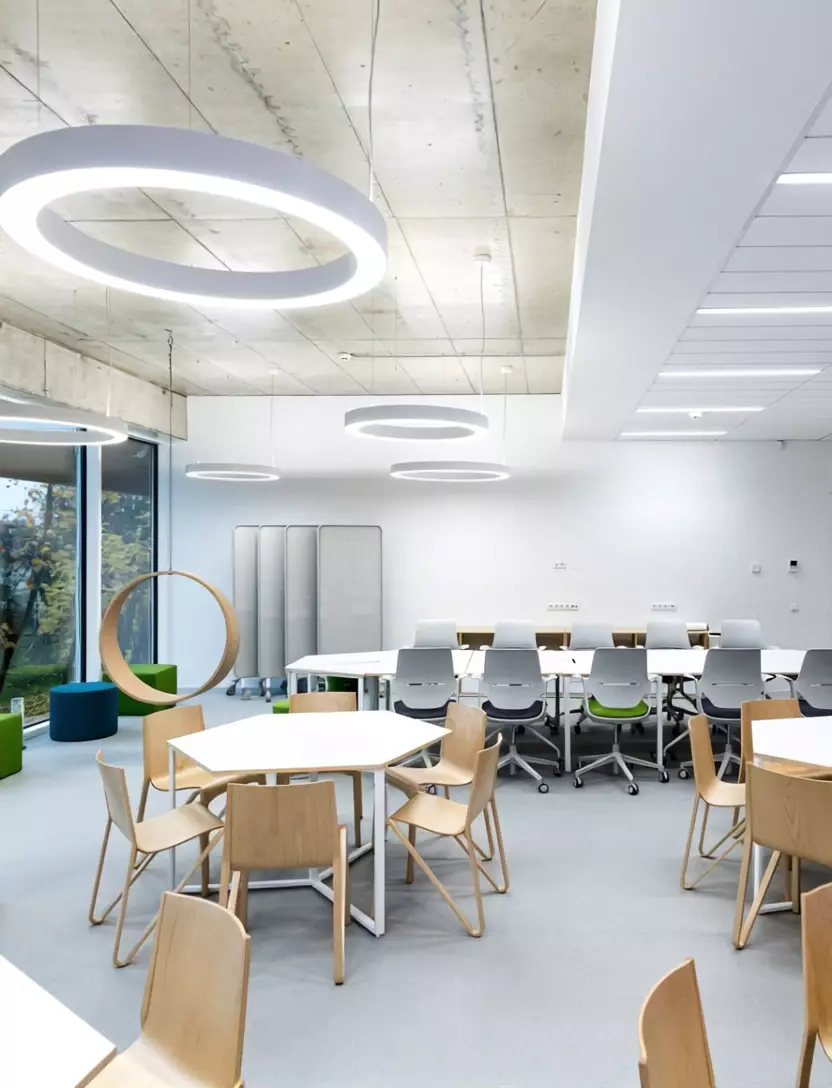
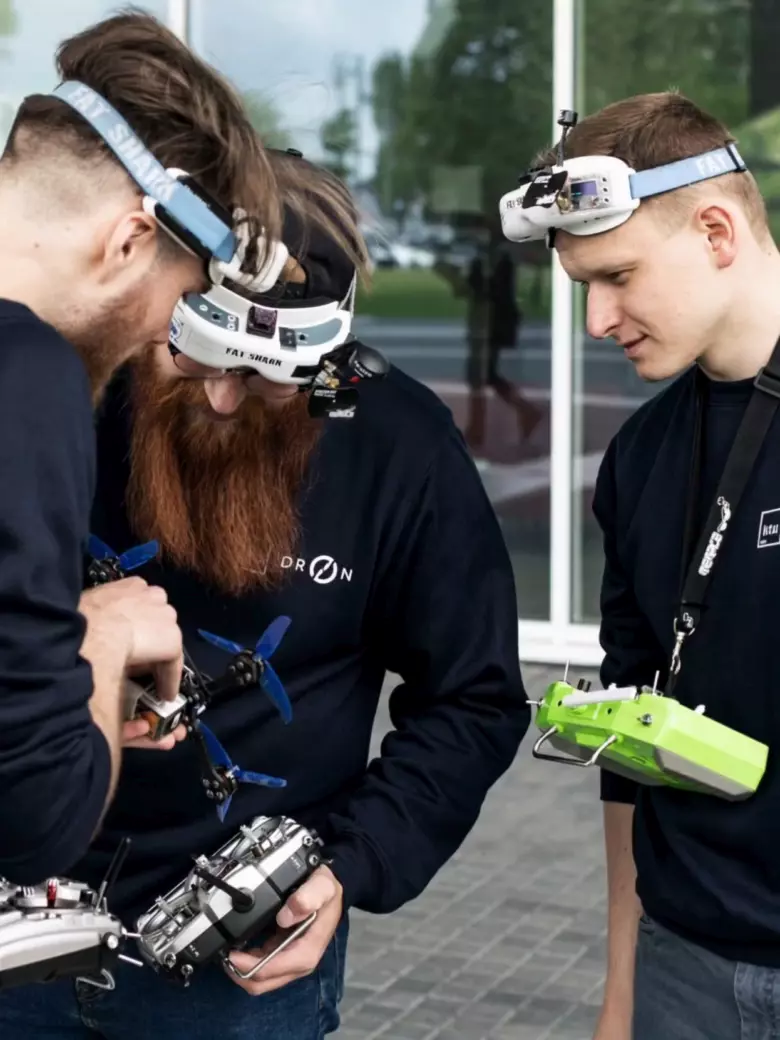
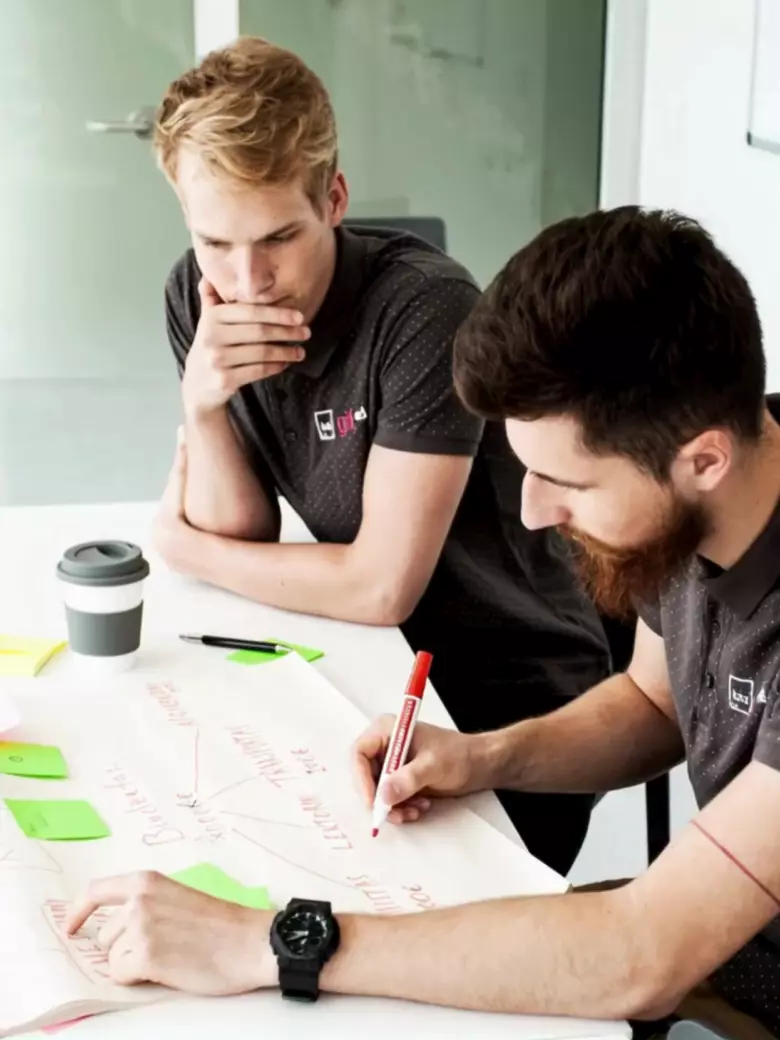

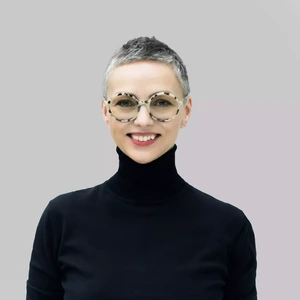
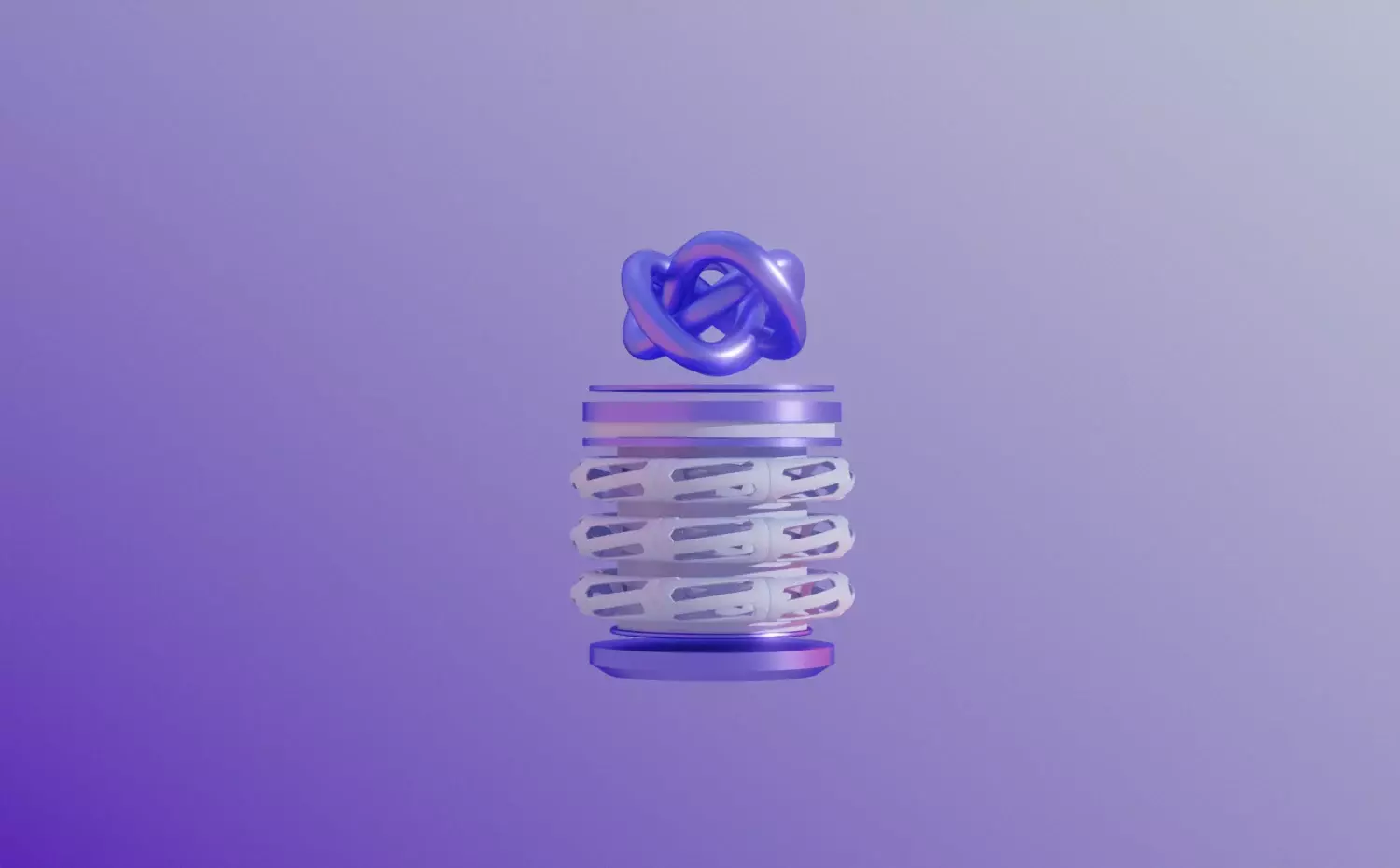
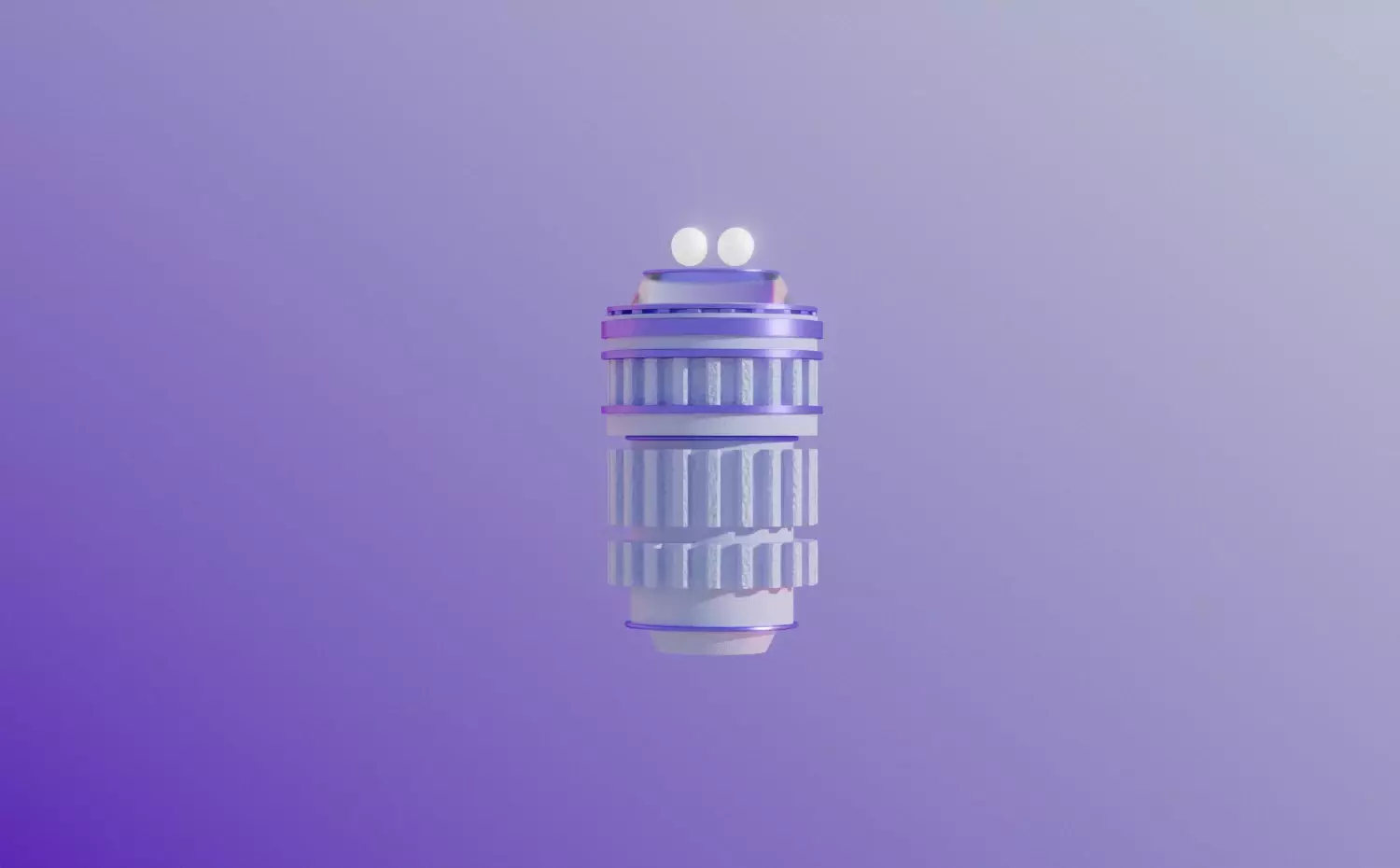

 virtual tour
virtual tour